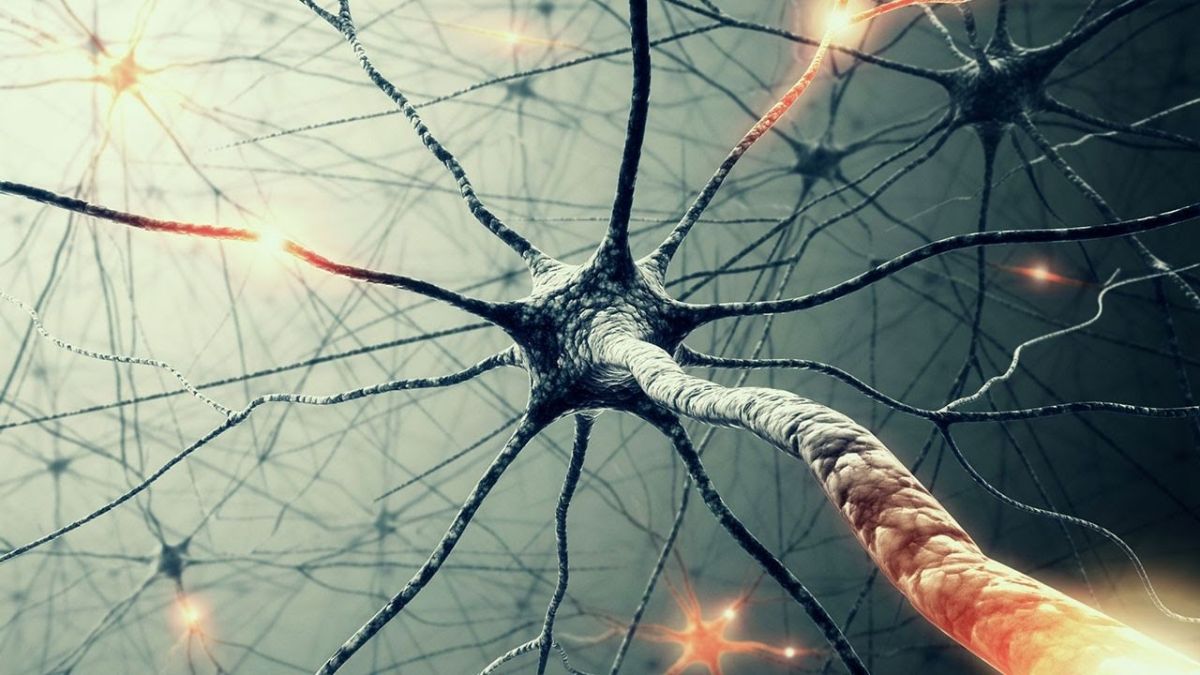Artificial Intelligence

Artificial intelligence problems can be classified as state space problems whose solutions are modelled as a series of steps from an initial configuration (initial state) to a final configuration (goal state). Such state space problems typically have various solutions with different costs associated with each. The aim is then to find the series of steps with the minimal cost in the shortest amount of time. Algorithms considered in this category are uninformed search algorithms (breadth first search and depth first search) and informed search algorithms (a-star search, simulated annealing and tabu search).
Similarly, artificial intelligence problems can be solved by modelling the evolutionary process or the learning process of the brain. Evolution is a process that constantly recombines a population of solutions to create a new generation of solutions by weeding out weaker solutions and generating new solutions by combining properties of the fitter solutions. Genetic algorithm will be considered.
Furthermore, algorithms can be developed that can be trained to recognize patterns from a set of training and use that knowledge to classify data not available in the training set. This is demonstrated using a multilayer perceptron. These algorithms are implemented in Java using object-oriented design principles. It is observed that applying heuristics to a search space significantly increases the quality of results both in terms of space and time. Also, even simplistic models of natural processes can be used to find acceptable solutions to otherwise complex problems as demonstrated using genetic algorithms and artificial neural networks.